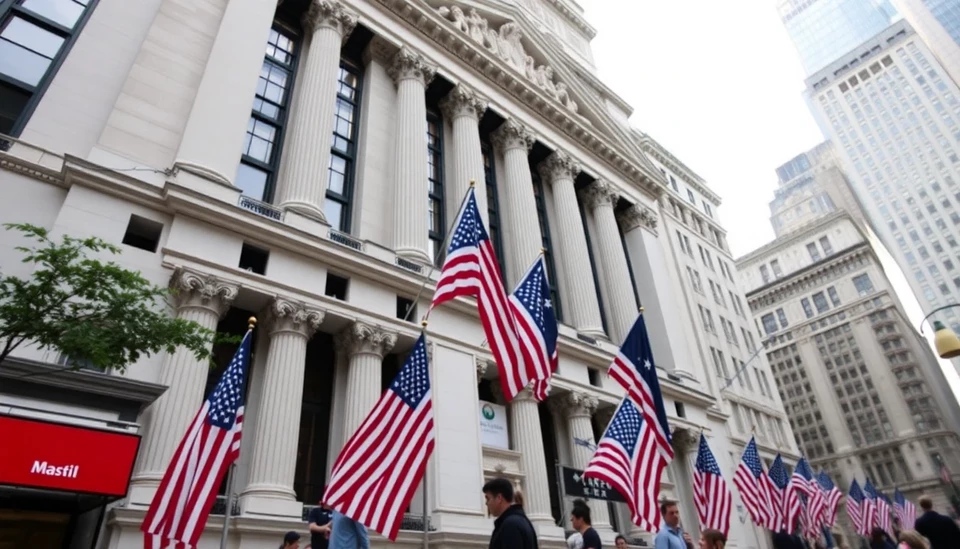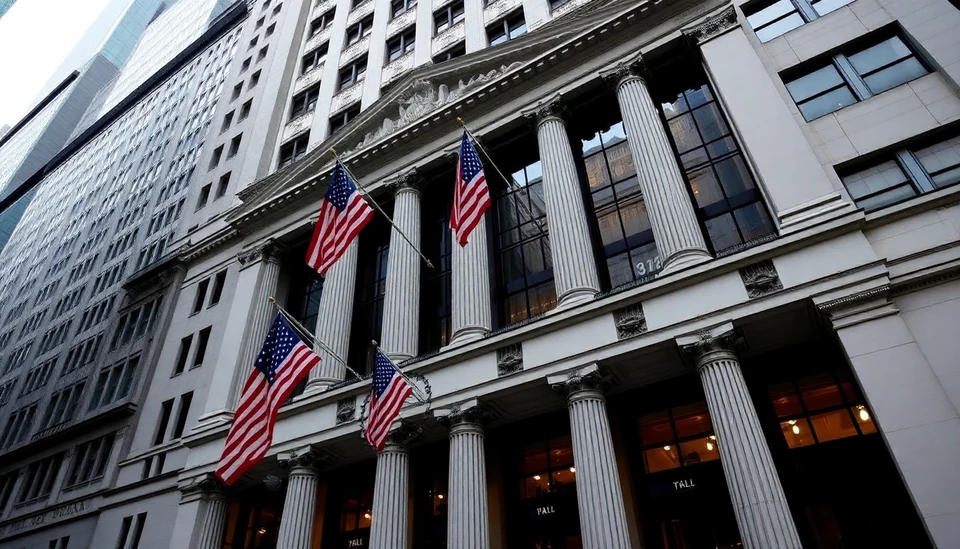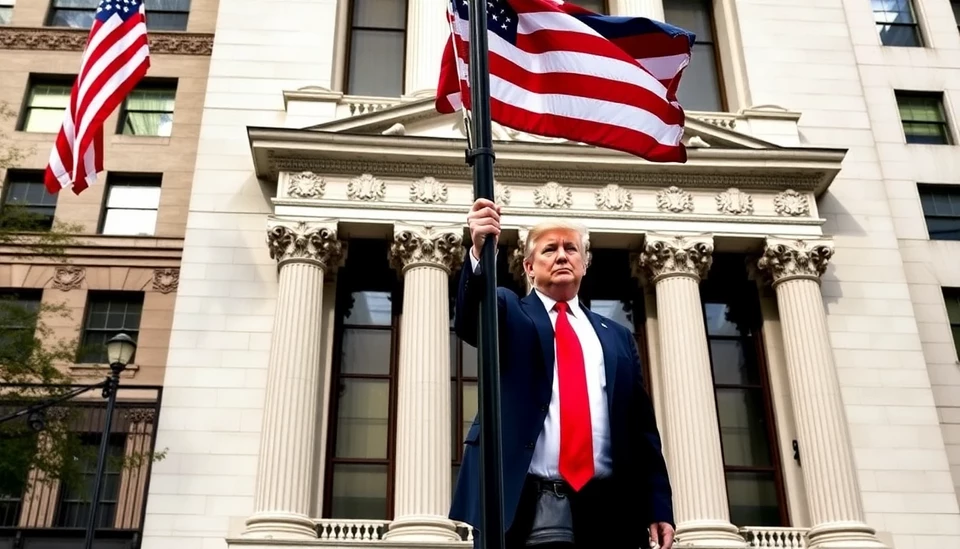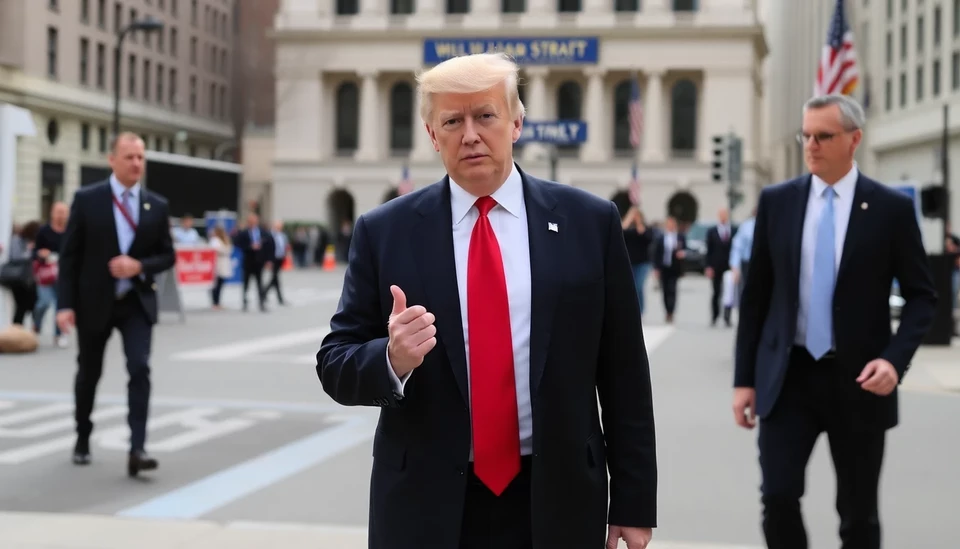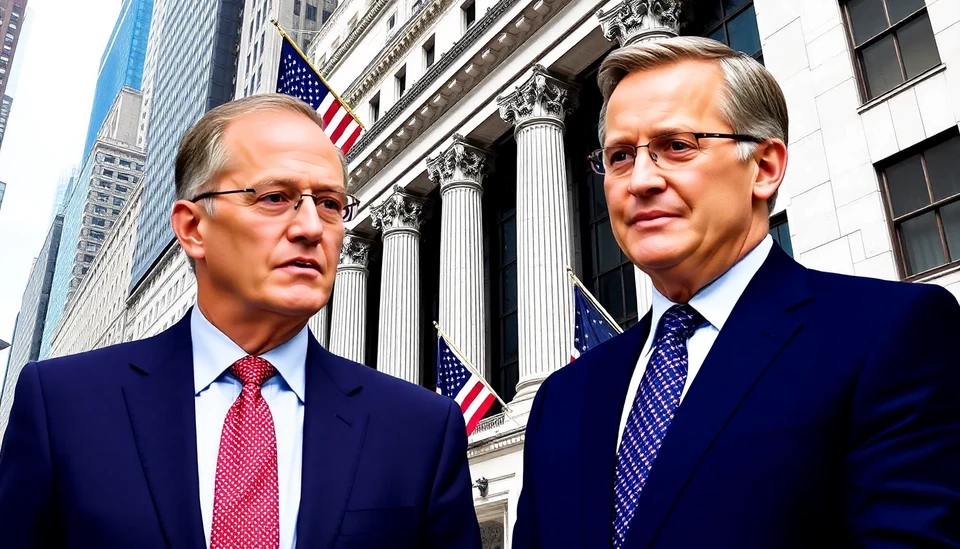
In a recent gathering of Wall Street leaders, a strong sense of optimism emerged regarding the U.S. economy, with many CEOs projecting continued growth and resilience in the wake of multiple challenges. However, this confidence stands in stark contrast to their apprehensive views concerning Europe, which faces a multitude of economic hurdles.
The discussions highlighted how U.S. corporate leaders are buoyed by robust consumer spending, low unemployment rates, and a stable inflation outlook, which collectively paint a promising picture for the domestic economy. Major companies, represented by top executives, emphasized their strategies to adapt to evolving market conditions while maintaining growth trajectories.
According to surveys conducted during the conference, a significant majority of CEOs expressed belief that the U.S. economy is on a solid recovery path post-pandemic, driven by strong fundamentals. Many pointed to technological advancements and the growth of digital services as crucial contributors to economic vitality. The tech sector’s resilience, in particular, has galvanized economic confidence, with expectations for continued investment in innovation and infrastructure.
However, this optimism also came with a caveat regarding the economic situation in Europe. CEOs voiced their concerns over stagnating growth rates, high inflation, and political instability in various countries that continue to weigh on European markets. The sentiment was that while the U.S. economy exhibits strength, Europe’s economic woes could have downstream effects, particularly for corporations with significant international exposure.
The European Central Bank's stringent monetary policies and the impact of geopolitical issues have added to the uncertainty, leaving many executives wary of potential ripple effects. Some CEOs indicated that they are developing contingency plans to navigate the possible repercussions of a weakened European economy on their global operations.
In light of the contrasting economic landscapes, Wall Street leaders emphasized the need for agility and foresight in business strategy. Many spoke about the integral role that diversification plays in mitigating risks associated with international markets. This adaptability will be crucial as companies strive to navigate an increasingly interconnected global economy.
The conference concluded with calls for collaborative efforts between U.S. businesses and their European counterparts as a means to bolster trade relationships and address common challenges. The emphasis on cooperation signals a recognition of the importance of stability across international channels and the potential benefits of unity in tackling economic obstacles.
As we look ahead, the divergence in the economic pathways of the U.S. and Europe will undoubtedly shape business decisions and strategies. The outlook provided by Wall Street’s chief executives suggests a focus on harnessing domestic strengths while remaining cognizant of the complexities present in global markets.
With the discussion centered on these important issues, one thing is clear: while confidence in the U.S. market is currently high, vigilance towards European economic conditions will remain essential for companies aiming to maintain their momentum in an unpredictable global economy.
#WallStreet #USEconomy #EuropeanEconomy #CEOs #EconomicOutlook #Investment #Innovation #GlobalMarkets
Author: Daniel Foster
